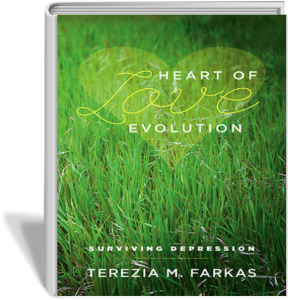It’s natural for new parents to experience mood swings. These feelings are sometimes known as the ‘baby blues’ and go away soon after birth. But some parents may experience a deep and ongoing depression that lasts much longer. That’s called postpartum depression.
What is postpartum depression?
Postpartum depression is depression that starts during pregnancy or at any time up to a year after the birth of a child. Postpartum depression can affect anyone. Although it’s more commonly reported by mothers, it can affect any new parent—both moms and dads—and it can affect parents who adopt.
A mother or father with postpartum depression may not enjoy the baby and have frequent thoughts that they’re a bad parent. They may also have thoughts about harming themselves or their baby. Although it’s rare for a parent to make plans to act on these thoughts, this situation is serious and requires urgent medical care.
Postpartum depression is likely caused by many different factors that work together, including family history, biology, personality, life experiences, and the environment (especially sleep deprivation).
Counselling and support
A type of counselling called cognitive-behavioural therapy (or ‘CBT’) is a common treatment for postpartum depression. It may be the first treatment to try for mild or moderate symptoms. CBT teaches you how your thoughts, feelings, and behaviours work together. It also teaches important skills like problem-solving, realistic thinking, stress management, and relaxation. Another type of counselling called interpersonal psychotherapy may also help. It focuses on relationships and can help people adjust to changing roles in their relationships.
Support groups are also very important. Postpartum depression and new parenthood can both isolate you from others, and isolation can add to feelings of depression. Support groups are a safe place to share your experiences, learn from others, and connect with other parents who have similar experiences and understand what you’re going through.
How can I help a person suffering postpartum depression?
It’s important to realize that postpartum depression is no one’s fault. Here are some tips on supporting a loved one who experiences postpartum depression:
- Make sure your own expectations of your loved one’s experiences and day-to-day abilities are realistic.
- Remember that every parent and child is unique and it’s not useful to compare two people or two families.
- Understand that people who experience postpartum depression may want to spend a lot of time alone.
- Offer to help with daily chores. It’s hard enough at the best of times to find time for daily chores when there’s a new baby. Offers of help from friends and neighbours are strong in the first month or two, but it may be needed just as much, or more, in later months.
- Help with child care (including overnight help for feedings), or help finding a childcare provider. A short break or a chance to get back into interests can make a big difference in anyone’s well-being. It can also create more opportunities for sleep.
- Managing postpartum depression can take a lot of hard work. Recognize a loved one’s efforts regardless of the outcome.
- Talk to your doctor or public health nurse, or accompany your loved one on appointments, if you’re concerned.
- Seek support for yourself, if needed. Support groups for loved ones can be a great resource and a great way to connect with others.
*Thanks to the Alberta Canadian Mental Health Association for information on postpartum depression.
* Click here to find out more about Terezia Farkas and Depression Help



